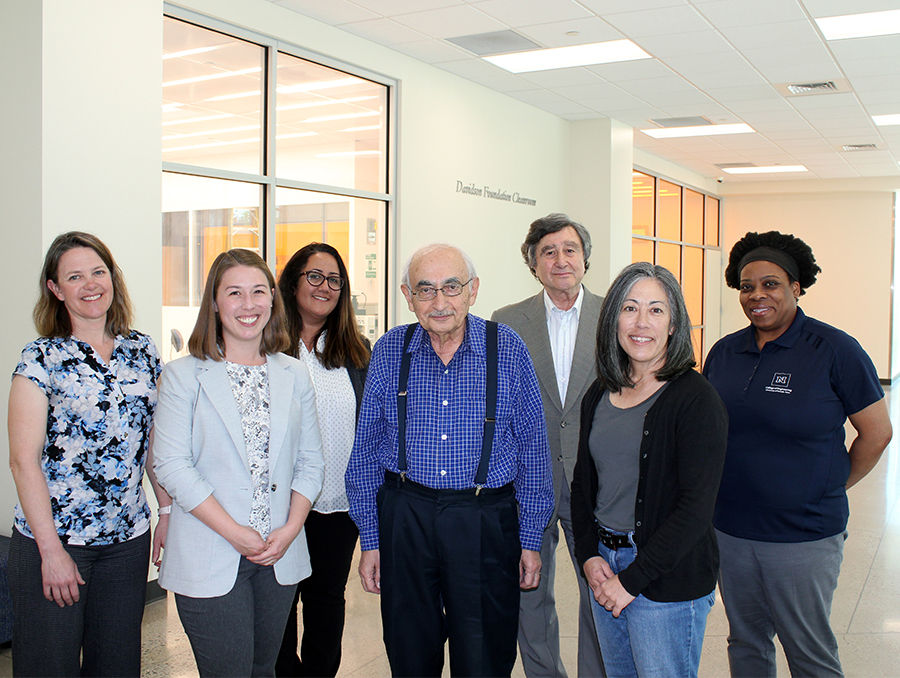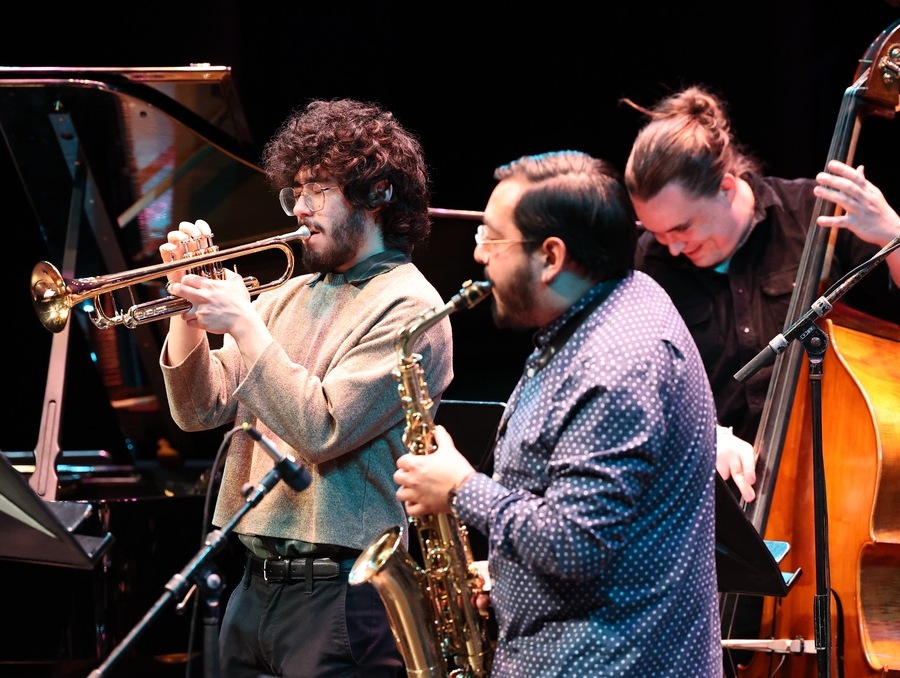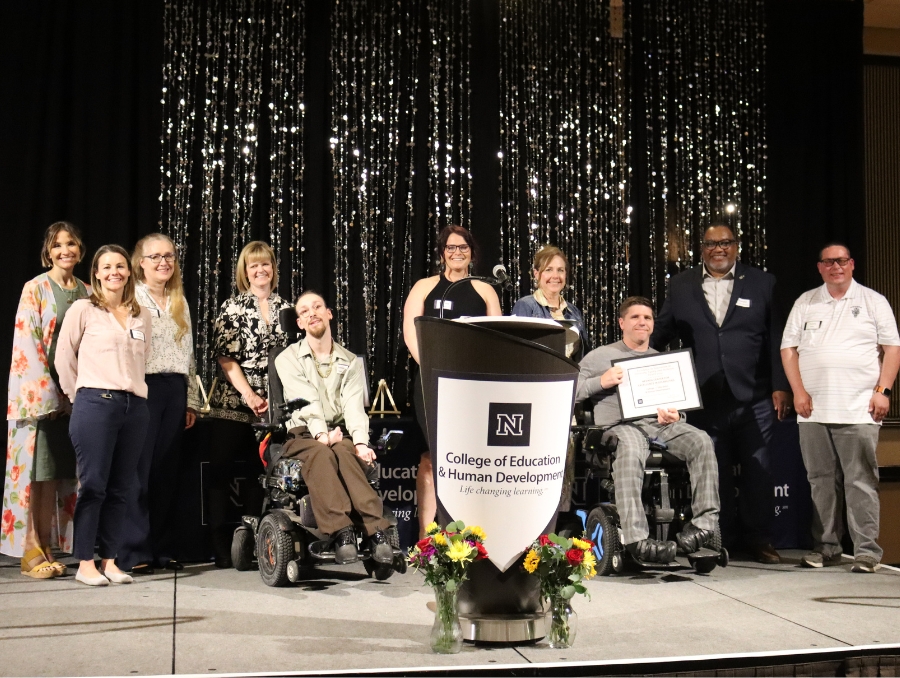A little more than five years ago, the University of Nevada, Reno and The Northern Nevada International Center partnered to offer Arabic language courses to community members and University students. Since then, the Department of Foreign Languages within University has created an accredited basic Arabic language program which continues to grow with the potential development of upper division Arabic classes as well as a Middle Eastern Studies minor.
"During the past several years, we have been slowly growing the Arabic program because of its global standing," Casilde Isabelli, the interim chair in the Department of Foreign Languages and Literatures, said. "Arabic is the fifth most commonly spoken native language in the world. With the growing importance of the Middle East in international affairs, there is a shortage of Arabic language speakers who are versed in Arabic language and culture."
There are many career opportunities for people who have an understanding of the language and culture. Not only is it a widely spoken language, it is also the sixth official language of the United Nations.
"Arab World nations are a fast growing market for trade," Isabelli said. "Studying Arabic can lead to careers in journalism, business, education, government and many others."
The Northern Nevada International Center and the University first started teaching Arabic classes in 2008 to community members as well as University students. Carina Black, executive director of the center, was instrumental in bringing Fulbright scholars to teach the Arabic courses. University students completing these classes were able to have their foreign language requirement waved but they did not receive University credits because the program was not accredited. As the demand for Arabic classes continued, the University's Foreign Language and Literatures Department voted to incorporate the program into their department and in 2011 students were able to receive University credit along with fulfilling their foreign language requirements.
"Arabic is one of the most demanded languages in the world," Dahlia Dwedar, a University lecturer of standard Arabic, said. "A lot of students have a lot of interest in the language and they really want to learn Arabic."
Dwedar was hired in 2013 to take over and develop the program. She currently teaches all four semesters of the basic Arabic language courses (ARA 111, 112, 211, and 212). Student Estie Parica, a junior at the University double majoring in international affairs and economics, has been able to benefit first-hand from Dwedar's commitment to the program.
"I've been able to watch the Arabic program grow from a basic course taught by temporary teachers to a quickly developing program," Parica said. "Professor Dwedar has done a great job in catching us up and she continues to help us reach the standardized goals."
The growth of the Arabic program is not stopping here. Dwedar said that students are asking for the University to offer upper division Arabic language and Middle Eastern culture classes. She has also seen an interest to learn other Arabic dialects such as the Egyptian dialect.
According to Isabelli, the department of foreign languages is currently working to create an Arabic Culture class by fall 2015 and a conversational Arabic class that will be available the following spring. The College of Liberal Arts is also working to develop a Middle Eastern Studies minor which will incorporate some of these classes.
"I think that developing the program could hold many benefits for the University and I'm excited to see where it goes," Parica said.
NevadaToday











